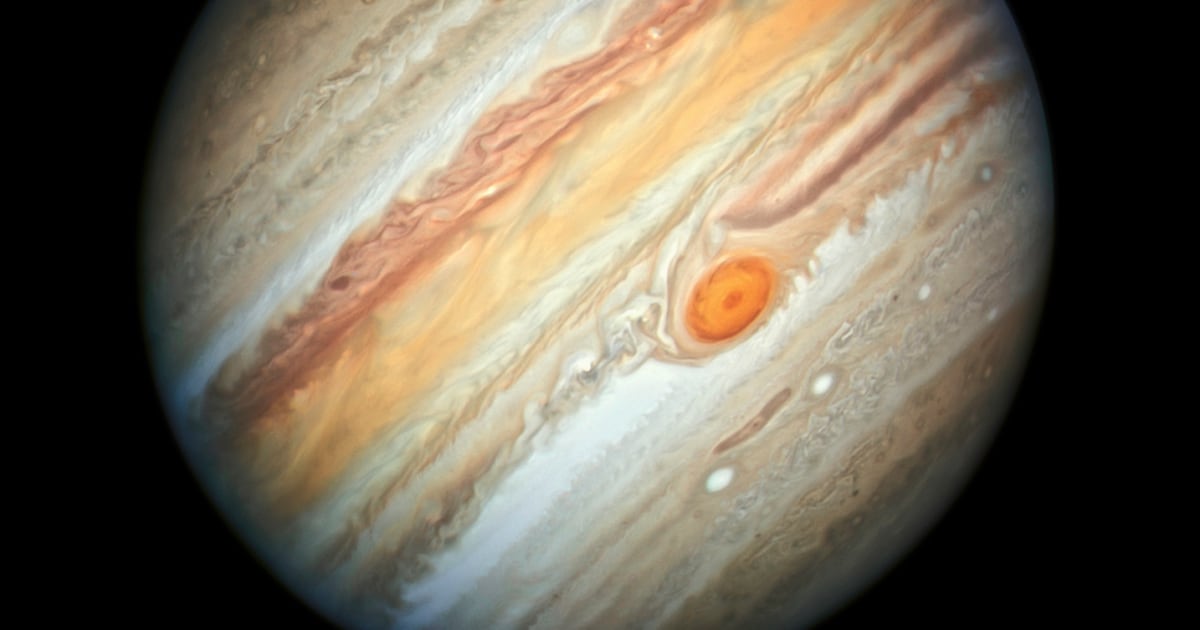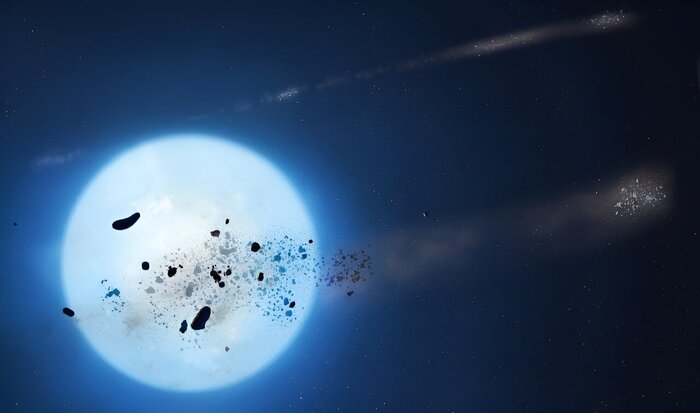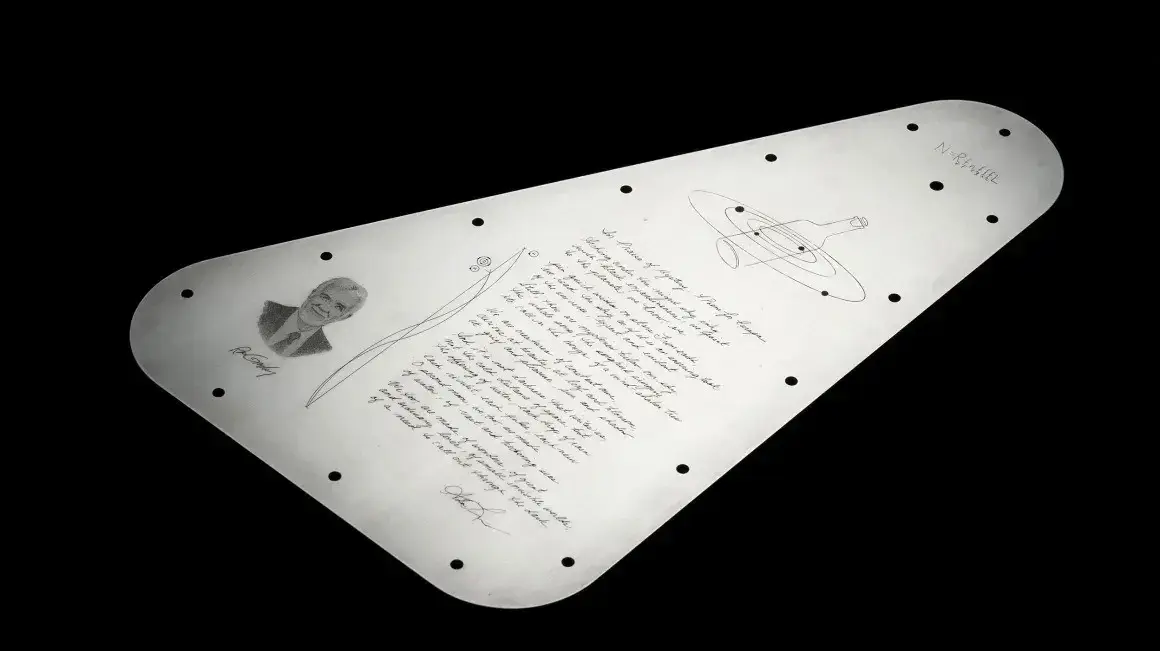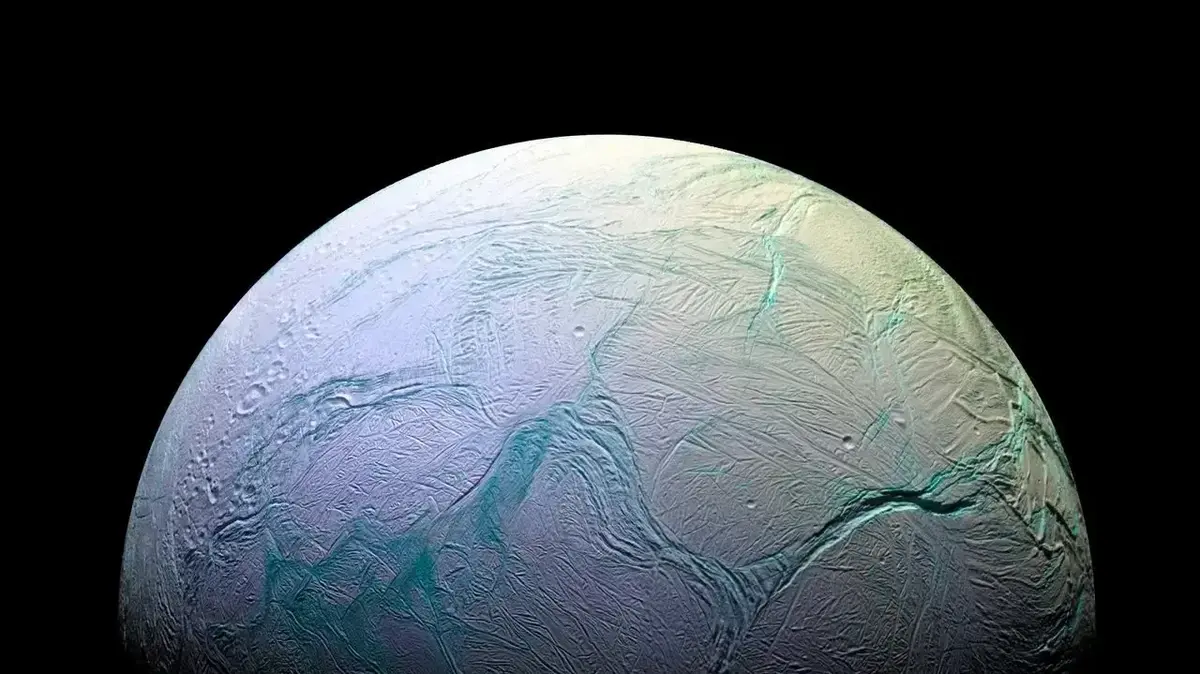Astronomers have discovered 12 new moons around Jupiter, bringing the total to 92 – more than any other planet in our solar system.
Saturn, which used to be the leader, is close behind with 83 confirmed moons.
Jupiter's new moons were recently added to a list from the International Astronomical Union's Center for Minor Planets, according to Scott Sheppard, an astronomer at the Carnegie Institution, who participated in the team.
They were discovered using telescopes in Hawaii and Chile in 2021 and 2022, and their orbits confirmed with follow-up observations.
NASA publishes new photo of one of the most explosive moons in the Solar System
Jan 26, 202300:22
The dimensions of these new moons range from 0.6 miles to 2 miles (1 to 3 kilometers), according to Sheppard.
[Scientists Solve 400-Year-Old Riddle About Saturn's Rings]
"I hope we can get close-up images of one of these outer moons very soon to better determine its origins," he wrote in an email to The Associated Press news agency on Friday.
In April, the European Space Agency will send a space probe to Jupiter to study the planet and some of its largest moons.
And next year, NASA will launch its Europa Clipper mission to study Jupiter's moon Europa, which may hide an ocean beneath its icy crust.
Sheppard, who discovered several moons around Saturn a few years ago and has been involved in 70 discoveries of moons around Jupiter, hopes to expand the list of moons of both gas giants.
Sheppard explains that
Jupiter and Saturn are littered with small moons,
thought to be fragments of larger moons that collided with each other or with comets or asteroids.
The same is true of Uranus and Neptune, but they are so far apart that moon hunting is even more difficult.
Uranus has 27 confirmed moons;
Neptune, 14;
Mars, two, and Earth, one.
Venus and Mercury have none.
According to Sheppard, only half of them are big enough—at least 1.5 kilometers—to warrant a name.








/cloudfront-eu-central-1.images.arcpublishing.com/prisa/WC4GA6WVUFH2FKPJBPH6464HLM.JPG)